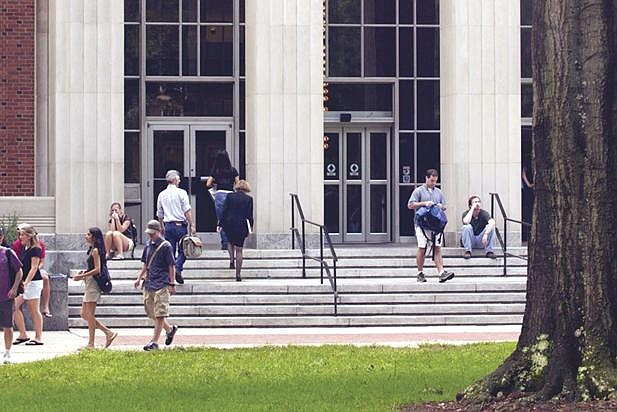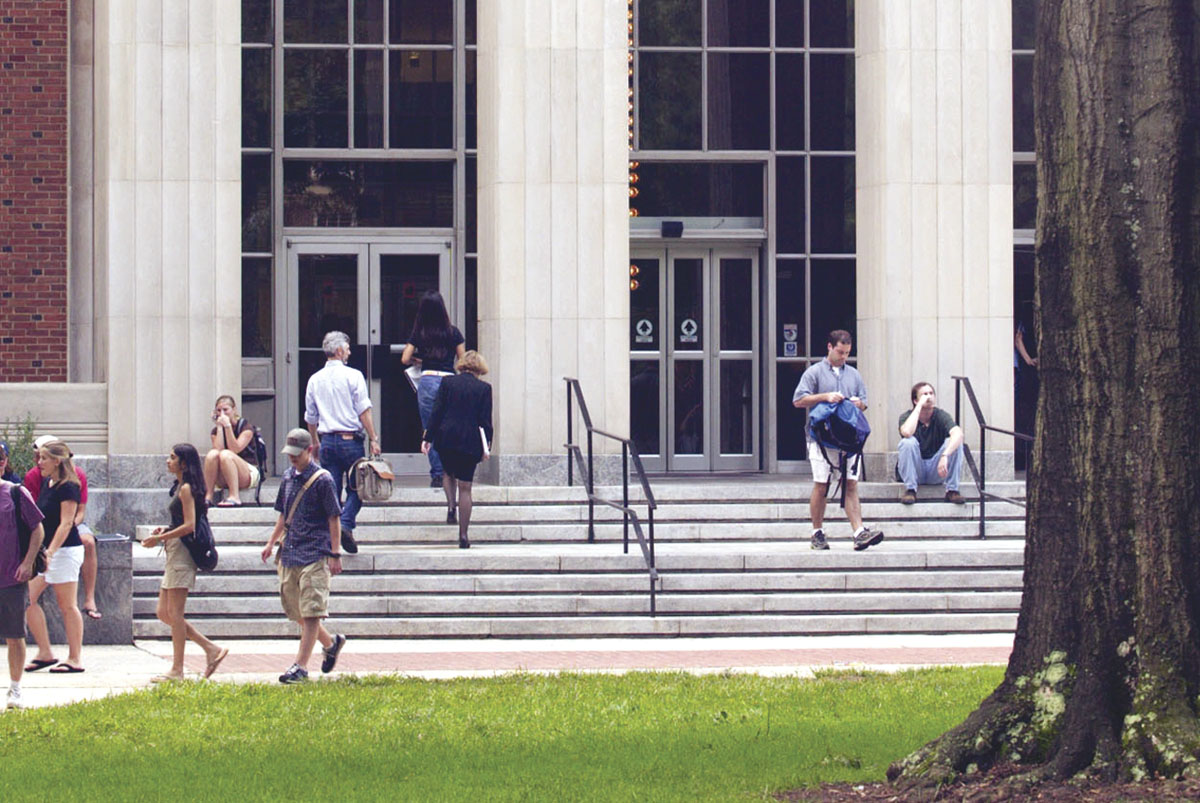ATLANTA - In a key step to merging some campuses, the University System of Georgia will consider how close colleges are to one another, whether they're duplicating academic programs and other factors, according to a document obtained by The Atlanta Journal-Constitution.
It's too soon to know which of the 35 colleges will merge, and the guidelines didn't include a list of candidates. But talk of consolidation prompted Georgia Perimeter College President Anthony Tricoli to urge the state to merge the smaller Atlanta Metropolitan College into his school, saying it "would sort of be a natural fit," according to an email included in the records obtained by the AJC.
The mergers have the potential to save taxpayers millions while affecting thousands of students across the state. The move also will set off a firestorm as alumni, students, politicians and community members fight against changes that threaten their campuses.
Chancellor Hank Huckaby said he expects to have three or four recommendations before the state Board of Regents this winter.
Officials drafted "consolidation principles" to guide the process. Any merger should make the system more cost-effective, improve graduation rates and provide more access statewide to quality programs, according to the proposal obtained by the AJC through an open records request. The regents are expected to discuss these guidelines during this week's meeting.
Moving ahead of the system, Tricoli wrote that while he respects Atlanta Metro and President Gary McGaha, it "would not be a stretch to add AMC to Georgia Perimeter College as GPC's Downtown Campus."
Georgia Perimeter is the state's third-largest college, with about 25,000 students at sites in Alpharetta, Clarkston, Covington, Decatur and Dunwoody. Atlanta Metro enrolls about 3,000 students at a main campus south of downtown Atlanta and a smaller site downtown.
AMC's McGaha said he's had no discussions with Huckaby or the regents about merging the college. He described Tricoli's letter as "the opinion of one college president" and declined further comment.
The decision to explore mergers represents a change for a system known for expansion, such as opening Georgia Gwinnett College in 2006. Huckaby and the regents acknowledged they are heading down a controversial course.
A state senator set people off three years ago when he suggested the system merge Armstrong Atlantic State and Savannah State, both in Savannah, and Albany State and Darton College, both in Albany, to save money. The idea was shot down by local politicians, alumni and supporters of historically black colleges, which include Savannah State and Albany State.
While Huckaby told campuses not to panic, colleges have spent the past couple of months wondering if they're at risk.
During last month's regents meeting in Augusta, faculty and local media asked if the system plans to merge Augusta State University and Georgia Health Sciences University. The campuses are about three miles apart and Augusta State's president is stepping down.
Huckaby said presidential openings won't be a factor in merger discussions and that while proximity is, it is not the only one.
When he visited Kennesaw State and Southern Polytechnic State universities a couple of weeks ago, people asked if the two Cobb County colleges would merge. Huckaby explained all 35 campuses are candidates, and while some consolidations may make more sense than others, the system isn't at a point where anything is being ruled out.
Lawmakers who have criticized the system's spending cheered Huckaby's consolidation efforts and other cost-saving steps. They encouraged the system to follow the Technical College System of Georgia, which went from 33 colleges to 25 to save about $7.5 million a year.
Rep. Earl Ehrhart, R-Powder Springs, said he was "thrilled" mergers were "finally on the table." Ehrhart, who heads the committee that oversees college budgets, said the regents and Huckaby will have to turn "a deaf ear to the turf battles and political cries" that will come.
Sen. Buddy Carter, R-Pooler, said he was pleased to see the system going into the discussions with an open mind.
"They need to ask if we really need all these campuses," said Carter, who chairs the Senate higher education committee. "It's OK to keep all 35 but they're going to have to justify that decision."

